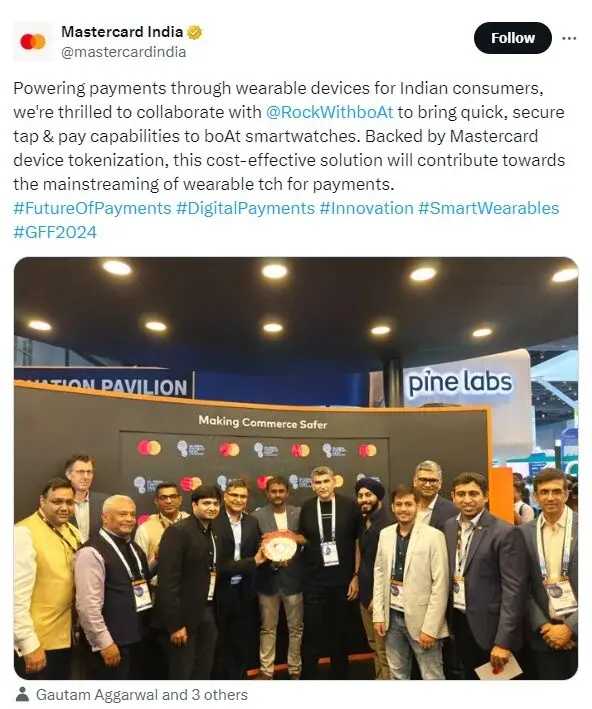Key Takeaways
1. Mastercard faced criticism for banning comments related to its brand in esports livestreams, following backlash over game censorship on Steam.
2. Ana Valens resigned from Vice after exposing Mastercard’s communications with Riot Games regarding chat moderation.
3. During VCT Americas Stage 2, Riot’s Twitch and YouTube channels implemented follower-only modes, leading to bans for users mentioning Mastercard.
4. Gamers frustrated by Steam’s censorship turned to alternative streams, where they voiced their dissatisfaction with Mastercard’s actions.
5. Other payment processors are also scrutinized for banning mature content in games, influenced by activist groups like Collective Shout advocating against objectification in media.
When gamers found out that payment processors were banning games on Steam, Mastercard became a target for criticism. In a bid to manage the fallout, the credit card company released a statement trying to clarify its position on the issue. However, it has now been revealed that Mastercard is also meddling with esports livestreams. A source connected to Riot Games disclosed that the company asked to block any comments that could harm its brand.
Resignation and Revelations
Ana Valens recently left her position at Vice after penning an article about game censorship. She took to social media to share communications between Mastercard and Riot Games. The request from Mastercard asked content creators to keep an eye out for negative comments in the chat. Even though channels aren’t forced to follow sponsor directives, it appears that most chose to align with the payment processor’s wishes.
Moderation Practices In Action
Esports Illustrated on SI pointed out some of the chat moderation during the VCT Americas Stage 2. On August 8th, gamers observed that the official Riot Twitch and YouTube channels had switched on follower/subscriber-only modes. While this isn’t something new, viewers reported that they had to follow the streams for a full 24 hours to chat. Nevertheless, fans who mentioned Mastercard faced bans or longer timeouts.
Community Backlash
Fans already frustrated over the Steam game censorship sought solace in streams that weren’t linked to Riot. In those spaces, Mastercard faced significant backlash from gamers who support legal adult-themed games.
Broader Implications for Payment Processors
Other credit cards are also facing scrutiny. After Steam’s actions, Itch.io removed indie games with mature content from its platform. Unlike Valve’s site, Itch.io primarily depends on PayPal and Stripe, with at least one payment processor objecting to certain games available for sale.
Activist Influence
Collective Shout seems to be pushing many of the bans. This Australian activist group is against the objectification of women and girls in various media, including games. They recently claimed to have swayed the credit cards and payment processors. These companies often have rules against their services being used for illegal content sales. Critics argue that many of the games in question contain adult themes but do not break any laws.
Source:
Link








